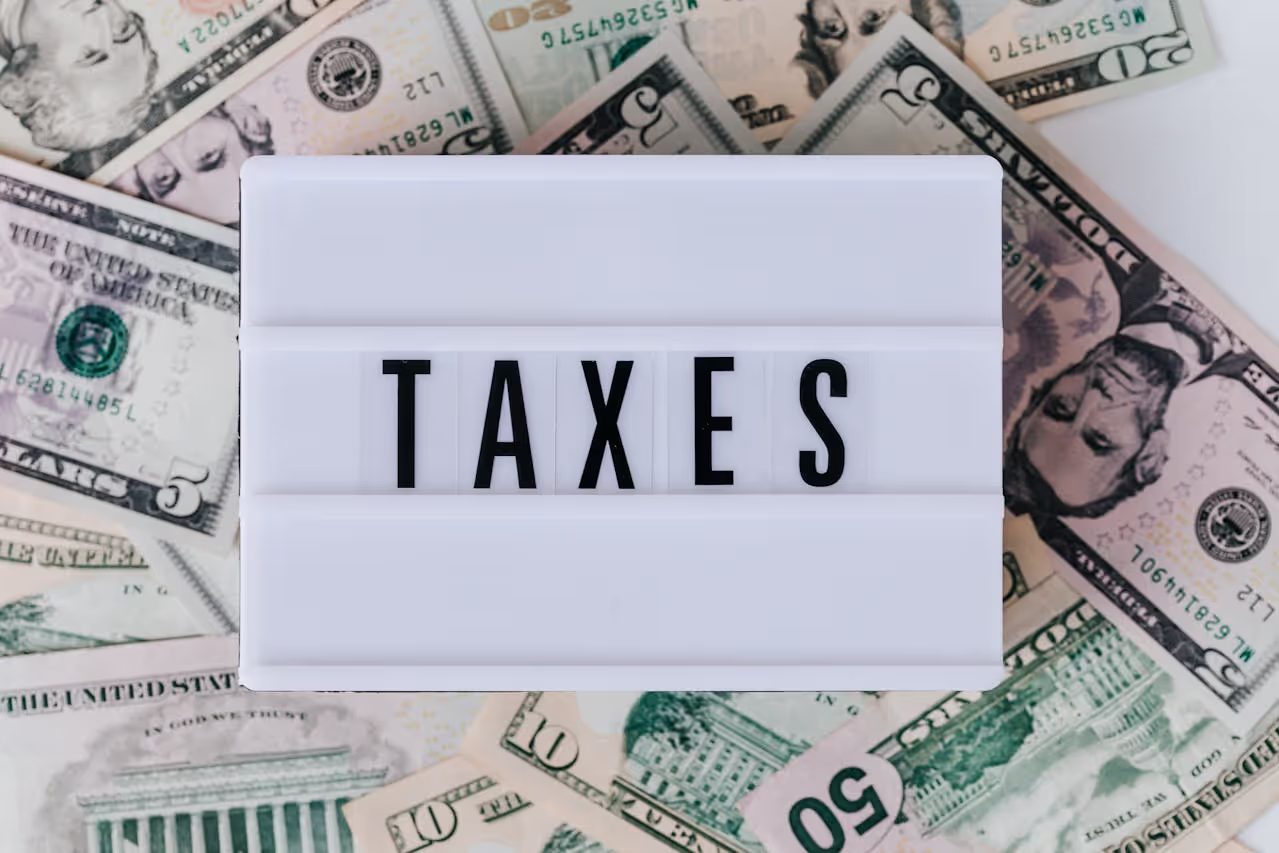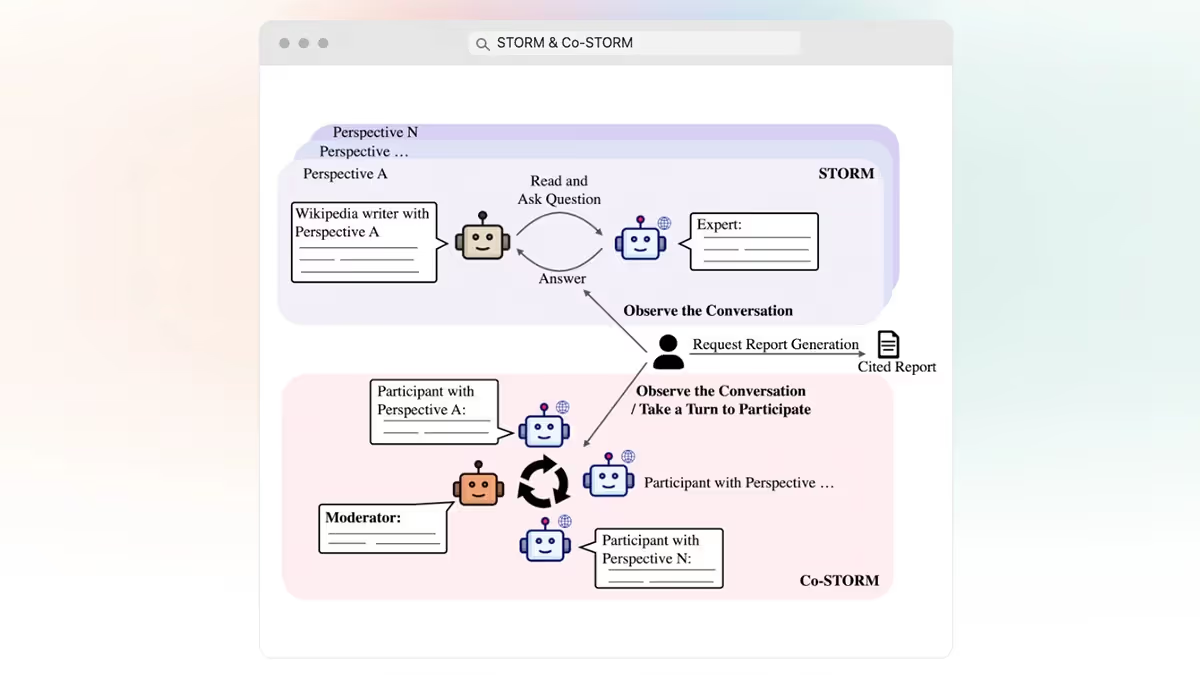Understanding Montana's State Income Tax System
Are you planning to move to Montana or already living there and wondering about state income tax responsibilities? Montana's tax policies can have a significant impact on your finances. Whether you work for a Montana-based employer or are considering retirement in the Treasure State, it’s important to understand how the state income tax applies to you.
This guide covers key aspects of Montana’s personal income tax structure, exemptions, filing rules, and what newcomers and residents should know.
Does Montana Charge State Income Tax?
Yes, Montana does impose a state income tax. Unlike a few other states that do not charge income taxes, Montana requires residents and certain non-residents to file annual state tax returns if their income meets filing thresholds.
Montana follows a progressive income tax system. This means the more you earn, the higher your state tax rate will be. The rates vary based on income brackets, making tax planning essential for both individuals and families.
Montana Personal Income Tax Rates for 2024
As of 2024, Montana has revised its tax brackets. Instead of a six-bracket system, the state now uses two tax rates:
- 4.7% - Applies to taxable income up to $20,500
- 5.9% - Applies to taxable income over $20,500
This shift aims to simplify the tax filing process and make the state’s system more efficient. You should check annually for updates in tax laws and brackets.
Who Needs to File Montana State Income Tax?
You will need to file a Montana state tax return if you fall into one of these categories:
- You are a full-year resident with taxable income
- You are a part-year resident with income earned while living in Montana
- You are a non-resident who earned income from a Montana source (such as rental property or work performed in the state)
The Montana Department of Revenue provides income thresholds. Generally, if you must file a federal return, you may also be required to file a state return in Montana.
Important Tax Deductions and Credits for Montana Residents
Montana offers several deductions and tax credits that can help reduce your taxable income and final tax bill:
- Standard deduction: Set annually and available to most taxpayers who do not itemize
- Itemized deductions: Includes property taxes, mortgage interest, and charitable contributions
- Elderly homeowner/renter credit: Available to qualifying low-income seniors
- Capital gains tax credit: Reduces taxes on eligible investment income
Understanding which deductions and credits apply to your situation can result in significant tax savings.
What If You Move to Montana Mid-Year?
If you relocate to Montana during the year, you'll be considered a part-year resident. You must file a Montana state tax return for income earned while residing in the state. Allocate income accordingly to avoid overpaying.
Make note of the date you established residency. Factors that suggest intent to reside include obtaining a Montana driver’s license, registering to vote, or purchasing a home.
Living in Montana: Tax Implications for New Residents
Montana may become more attractive when compared to states with high income taxes. While Montana does tax income, it does not impose a sales tax, which can lead to overall lower cost of living in certain areas. This is especially beneficial for those on fixed incomes or retirees.
Keep in mind additional taxes you may encounter:
- Property tax: Rates are moderate, but vary by county
- Vehicle registration: Annual fees depending on the age and type of your vehicle
- Excise taxes: Applied to specific goods such as fuel and tobacco
Is Montana a Tax-Friendly State for Retirees?
Montana’s tax friendliness for retirees depends on your income sources. Unlike some states, Montana does tax Social Security benefits if your income exceeds certain thresholds. Pensions, withdrawals from retirement accounts (like IRAs or 401(k)s), and other retirement income are also taxable.
However, Montana does allow partial exemptions and deductions for qualifying retirement income sources. Tax planning with the help of a qualified advisor can be beneficial for retirees moving to Montana.
FAQs About Montana State Income Tax
What is Montana’s filing deadline for state taxes?
The deadline aligns with the federal tax deadline, typically April 15. If this falls on a weekend or holiday, it’s extended to the next business day.
How do I file my Montana state tax return?
You can file:
- Online through the Montana Department of Revenue
- Using tax software or with the help of a tax professional
- By mail using traditional paper forms
Are digital nomads or remote workers taxed in Montana?
If you live in Montana and work remotely, either for yourself or a company in another state, you are usually subject to Montana personal income tax. If you're just visiting, you may not owe tax unless you derive income from Montana sources.
Do military members owe Montana income tax?
Active-duty military members who are stationed in Montana but are legal residents of another state are not subject to Montana income tax. However, Montana residents in the military, regardless of station, may still owe taxes unless excluded under special provisions.
Final Thoughts: Plan Ahead for Montana State Taxes
Understanding Montana’s income tax laws is essential, whether you're a long-time resident or planning a move. While Montana does not offer income tax relief like zero-income-tax states, it balances this with no statewide sales tax and a generally lower cost of living.
Now is the best time to review your personal income situation. Consider how Montana’s tax system might benefit or impact you in the short and long term. With smart planning and the right advice, you can make the most of your move to Big Sky Country.
If you have questions about Montana’s income tax or how to file, consult a licensed tax preparer or contact the Montana Department of Revenue for personalized assistance.











.svg)



